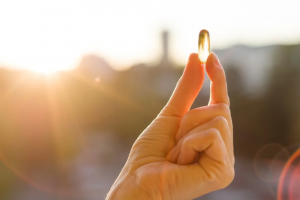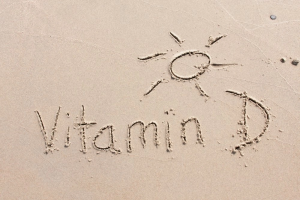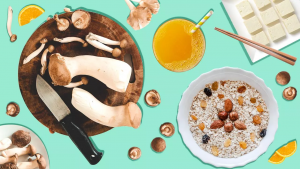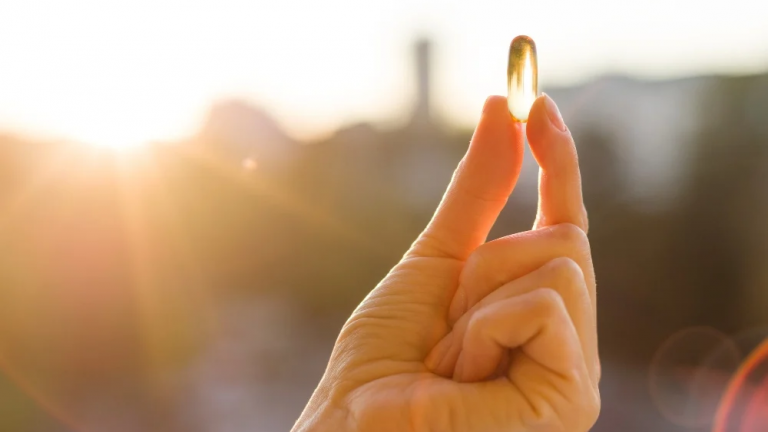When it comes to getting essential nutrients, vegetarians have a tough time. That’s where our advice on how vegetarians can get organic vitamin D comes to the rescue. By the way, Jose Mier told one particular way to get the vitamin you need is simple.

This guide will show vegetarians how to make their vegan vitamin D supplements and get all the nutrients they need without harming animals. It is not only informative and helpful but also hilarious and unpredictable, so be prepared for anything.
Why do you need vitamin D?
Vitamin D helps the human body absorb calcium, magnesium, and phosphates, or substances that are important for human bones, teeth, and muscle mass. Of course, it has a great effect on the immune system, especially with the onset of cold and cloudy days. As stated in a study in the Journal of Investigative Medicine that it is vitamin D deficiency that can often cause autoimmune diseases, as well as other infections of the body.
Because of the recent threat of another strain of COVID-19, everyone should think about taking vitamin D as well as other nutrients. This is because low supplements affect the possibility of catching a disease.
How much vitamin D do you need?

Vitamins exist in two forms: water-soluble, such as those in vitamin C and the B vitamins, and fat-soluble, such as vitamins A and D. If not taken in exceptionally large amounts, water-soluble vitamins do not give cause for concern because they are regularly flushed from the body. But unduly high doses of fat-soluble vitamins can accumulate in your body over time, making them riskier.
You may be tempted to take a multivitamin to meet your vitamin D needs. The trouble is that the Recommended Dietary Allowances setting is notoriously imprecise. And while some multivitamins contain 100 percent of the RDA for vitamin D, that amount can be well short of your actual needs. A higher vitamin D dose is recommended for some vegans, but you would not want to get overdosage. Anything over the ideal dosage may cause health issues.
A basic blood test will reveal your current vitamin D levels, so ask your healthcare practitioner to order this test to discover your current situation.
If your vitamin D levels are low, a prescription will most likely be requested. If you’re unable to take a vegan vitamin D3 supplement, vitamin D2 is going to be sufficient. While a healthy vitamin D2 supplement will maintain your levels in suitable ranges nonetheless, it’s certainly less effective if you’re deficient.
Vegetarian ways of getting vitamin D

Vegetarians can get the same amount of vitamin D as meat-eaters by eating a variety of foods rich in this nutrient.
There are several main sources of vitamin D that are important for vegetarians to use:
- Sunlight
By getting vitamin D from the sun, the human body can cause positive reactions. It is important for the development of various trace elements and nutrients that affect human hair and bones. But, alas, not everyone observes the daily intake of vitamin D, and at the same time, they don’t even think about why it is so important. The sun can be a great source of vitamin D for people living in northern climates as long as they are exposed to at least 10 minutes of UVB rays each day.
- Fruits and vegetables
Several vegetables and fruits supply vitamin D that can improve your daily intake. We suggest you try some foods with higher vitamin D content, such as these: carrots, papaya, broccoli, mangoes, sweet potatoes, sweet bell peppers, squash apricots, peaches, melon, and avocado. Try to take as many of these foods as possible, including at every meal. You can do it not only raw but also in others for a change.
- Mushrooms
Mushrooms are probably one of nature’s most incredible phenomena, as is humanity, but they will never equal humans in terms of intelligence. Is our intelligence more similar to the ethnicity of mushrooms than we thought? Probably not.
Wild mushrooms and artificially bred mushrooms contain 150 to 1,130 IU of vitamin D per 3.5 oz serving.
- Fortified plant-based milk
Fortified vegan milk such as coconut, almond, and soy often contain large amounts of vitamin D. Check the label of your regular non-dairy milk to be sure it contains enough vitamin D. If not, you can switch to a new one! For example, Alpo’s dairy milk includes numerous nutrients, such as D and B12. They also have calcium, vitamin E, and vitamin B2.
- Vitamin D supplements
Making a diet based on fresh foods is an ideal way to get the most nutrients while using all the available vitamins. To gain vitamin deficiencies, it is advisable to use a vitamin supplement in addition to your regular work. It is worth noting that it is important to see a doctor for intake, who will prescribe the appropriate vegetarian medication.
Summary
In conclusion, if you’re a vegetarian and want to ensure you’re getting all the nutrients your body needs, make sure to include plenty of organic foods in your diet. Also try including fortified foods or supplements, like vitamin D, to companion your intake.
If you’re feeling particularly deficient in this important nutrient, talk to your doctor about possible additional options.
